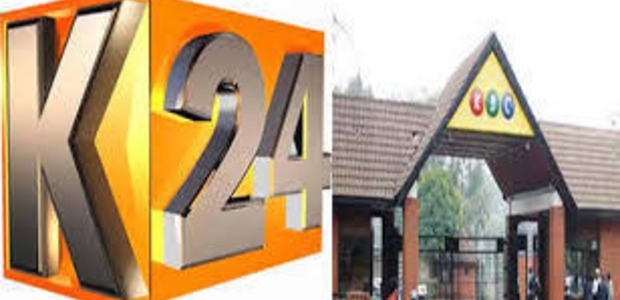advertisement
Blow to Kenya’s Digital Migration as KBC, K24 revert to analogue broadcasting
Barely two months after the start of Kenya’s move to digital broadcasting, two free to air (FTA) stations have switched…

Barely two months after the start of Kenya’s move to digital broadcasting, two free to air (FTA) stations have switched back on their analogue signals.
It is alleged that the two broadcasters – K24 and national broadcaster, KBC – moved back to their analogue signals yesterday due to low uptake of set top boxes by viewers.
This also comes three days after the second phase of Digital Migration, meant to cover Mombasa Malindi, Nyeri, Meru, Kisumu, Webuye, Kakamega, Kisii, Nakuru, Eldoret, Nyahururu, Nyadundi, Machakos, Narok, Londiani and Rongai, on February 2, 2015 failed to take place. This only means that as a country we are back to the drawing board with the Digital Migration process leaving the consumer at a state of confusion.
advertisement
CA had announced earlier that the process of Digital Migration would take place in three phases, the first being in Nairobi and its environs on 31st December 2014, the second phase was meant for February 2 and third phase for March 30.
During a media briefing at the CA offices on Friday February 6, the Authority’s Director General Francis Wangusi said that the CEOs of the two stations had been summoned to go explain the reasons behind the move.
On the other hand the other three media firms, Standard Media Group (who own KTN), Royal Media Services (who own Citizen TV) and Nation Media Group (who own NTV) are still on the analogue platform awaiting to roll out Digital TV infrastructure. This as well could be another reason why the two broadcasters decided to revert to the analogue signals as they felt disadvantaged as the other three were allowed to broadcast on both Analogue and Digital platforms.
advertisement
This also comes just two weeks after CA had accused three media houses of disrupting the Digital Migration process. They had earlier been issued with the licence as a consortium, the Africa Digital Network (ADN) but CA on January 21 withdrew the licence arguing that an advert aired by the three media houses was in bad taste and violated the Must Carry rule — a policy that gives competing digital broadcasters the right to carry the three media house’s content for free.
Withdrawal of the digital broadcast licence and cancellation of frequencies initially issued to the consortium, if not reversed, risks plunging the media houses into huge financial losses given that they have already made plans to import 150,000 set-top boxes to air their content.
On Wednesday South Africa’s ruling ANC party announced that it had brokered a deal between warring media houses that would pave the way for migration to digital broadcasting. The South African government has offered to subsidise acquisition of set-top boxes for poor households, a policy position that the Kenyan media houses are urging the CA to take.
advertisement
The Global Digital Migration date is set for June 15th 2015 and all countries are expected to ditch analogue broadcasting by then.